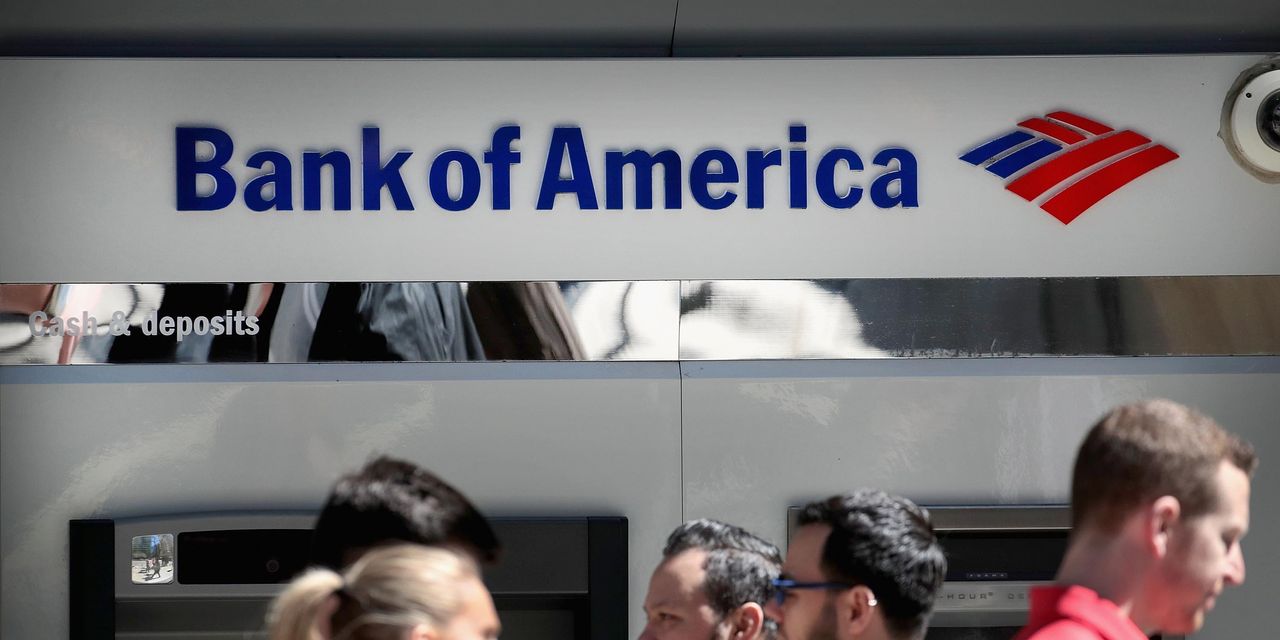Are you still paying overdraft fees?
Bank of America
BAC,
+0.57%
said Tuesday morning that it plans to end its $35 “non-sufficient funds” fees next month, and will reduce overdraft fees to $10 from $35, starting in May. Non-sufficient fund fees occur when a payment bounces. Overdraft fees occur when consumers withdraw more than the agreed amount.
Wells Fargo said later Tuesday it was also easing up on the fees that kick in for overdrawn accounts. By the end of the first quarter, non-sufficient funds fees will not be assessed, Wells Fargo
WFC,
+1.28%
said. Transfer fees for accounts with overdraft protection will also be eliminated in that time. In the third quarter, the bank is going to allow early access to direct deposit and start 24-hour grace periods to give account holders some time to get cash into accounts and avoid the fees.
But there’s a long way to go. The industry took in $15.47 billion in overdraft and non-sufficient funds in 2019, according to a report released last month from the Consumer Financial Protection Bureau. Bank of America, J.P. Morgan Chase
JPM,
+0.10%
and Wells Fargo accounted for approximately 44% of those fees, it said.
Some people are still dependent on overdrafts, despite the often high fees. Nearly one-fifth (18%) of consumers with a bank or credit union said they were dinged with an overdraft fee in December, an increase from 14% in August, according to a Morning Consult poll released Tuesday.
“Overdrafters are disproportionately millennials, parents and those experiencing income volatility.”
“One surprising similarity between overdrafters and the general population is their income levels,” the report said. “Those who overdraft are about as likely to report annual household income of more than $50,000 and slightly more likely to report annual household income of more than $100,000.”
Of those who said they pay overdraft fees, half were millennial consumers and 47% were parents with kids under age 18. Almost two-thirds (58%) of overdrafters in the poll made less than $50,000, while 27% made between $50,000 and $100,000 and 16% made above $100,000 a year. But they do tend to share one common trait: volatile income streams.
“More than one in five adults (21%) who have overdrafted since August also reported receiving a payday loan, and roughly the same share reported either purchasing a money order or cashing a check through a provider other than a bank or credit union,” Morning Consult added. That’s more than double the rate of the general population.
BoA’s decision “will provide much-needed relief for customers who least can afford the burden of overdraft fees, and should lead other financial institutions to drop these fees that disproportionately impact low-income, Black and Latino Americans,” said Mike Calhoun, president of the Center for Responsible Lending.
Bank of America shares are up more than 48% in the past 12 months. Wells Fargo shares are up roughly 68% in that period. The Dow Jones Industrial Average
DJIA,
+0.51%
is up nearly 17% in that time and the S&P 500 is up roughly 23% in that time.






